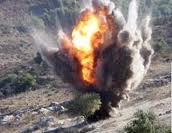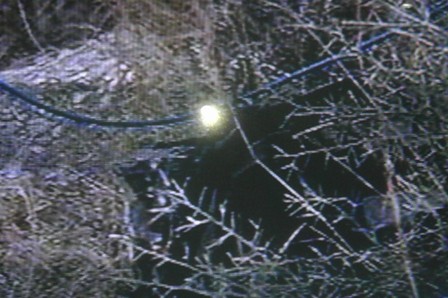“Israel’s” military flights irk Lebanon
Source: The Washington Post, 12-10-2006
BEIRUT, Lebanon - Lebanese Prime Minister Fuad Saniora warned yesterday that "Israeli" military flights over his country were endangering a nearly 2-month-old truce that ended this summer's war between "Israel" and Lebanon's Hizbullah militants.
Saniora said the overflights were occurring daily. The United Nations, which considers them a violation of the Aug. 14 truce, said it had recorded 10 overflights of warplanes and surveillance drones Oct. 3-9.
"I am willing to accept whatever any other sovereign country would accept for itself. Would they allow it?" Saniora asked at his government headquarters. "I mean, would the United States allow flyovers of Russian planes? If they would allow it, I accept it. Why do you expect me to do something more than what 195 countries would not accept for themselves? "
"Israel" has said it will continue overflights of Lebanese territory until U.N. Resolution 1701 is, in its view, implemented fully. It says that would require the return of the two soldiers that the Lebanese Shiite (occupation-resistance) group Hizbullah kidnapped (captured) July 12 during a border raid and inspections to ensure that no weapons cross the Syrian border into Lebanon to resupply Hizbullah.
Since 2000, when "Israel" ended its occupation of southern Lebanon, Hizbullah has been the main armed presence in the region and has contended that the Lebanese army, vastly outgunned by its "Israeli" equivalent, was too weak to protect the border. After the August truce, the Lebanese army was deployed to the south for the first time in a generation, a move that Saniora has hailed as one of his government's greatest achievements. Hizbullah has warned, however, that it may act if "Israeli" violations of the truce continue and the Lebanese army and a newly strengthened U.N. force in the area do nothing to end them.
Saniora said that, in time, the army might have to respond to "Israel's" actions. "It is the duty of our army to defend the country, and this is what it should do."
But the prime minister acknowledged that the dispute would probably have to be resolved diplomatically. "Now we are exhausting all diplomatic channels and means, and this is how it should be done," he said.
- Related News



